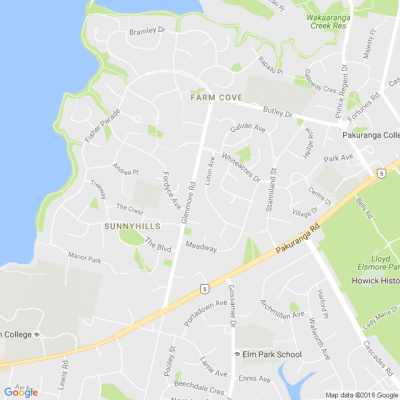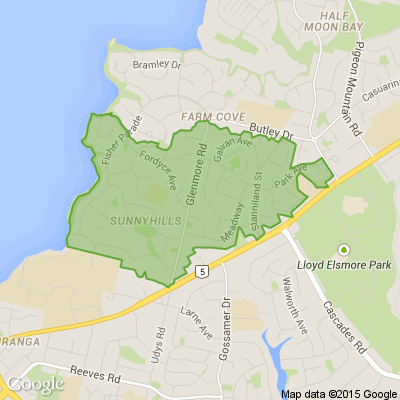Useful for both parents and teachers.
SOME USEFUL SPELLING/READING RULES
A vowel-consonant-last letter e makes the long vowel sound.
blade complete alone arrive amuse
When two vowels go walking, the first one usually does the talking .
(exceptions = oi as in join, ou as in south or soup, ie can make a long e sound as in niece, oo as in cook or spoon)
ai = long a sound chain raise faint
oa = long o sound boat coast croak
ea = long e sound reach speak dear
= short e sound bread instead weather
ie = long i sound (but not always – see note) died replied cried
Some other sounds.
aw makes an or sound raw hawk claw
ou makes an ow sound as in cow or an or sound as in your.
loud around thousand
your course pour
a single vowel before double consonants always makes a short sound.
swimming planning spelling cunning stopping
y is a vowel when it sounds like an i or an e.
cycle happy style
c or g followed by an i, e or y makes the soft sound.
giant recent stage century
the or sound can have different spellings.
or as in cord oar as in boar oor as in floor our as in pour aw as in straw
Plurals of words ending in ch, sh, x or s - add es.
church becomes churches flush becomes flushes box becomes boxes bus becomes buses
Plurals of words ending in y
- vowel before the y, just add s
- consonant before the y, the y changes to an i and add es
monkey becomes monkeys city becomes cities
Plurals of words ending in f or fe - sometimes the f changes to a v and you add es
half becomes halves shelf becomes shelves life becomes lives
Plurals of words ending in o - usually add es (there are some exceptions)
potato becomes potatoes mosquito becomes mosquitoes volcano becomes volcanoes
Single syllable words ending with a single vowel followed by a single consonant - the vowel makes a short sound - double the last letter when adding ed or ing.
(if the suffix being added starts with a consonant, this rule doesn’t apply - as in gladly)
chop chopped chopping
slap slapped slapping
step stepped stepping
stun stunned stunning
tip tipped tipping
Final e goes away when ing comes to stay (there are some exceptions).
shine becomes shining shake becomes shaking
Words ending in l - double the l when adding a suffix.
travel travelled travelling
jewel jewellery
Adding ing to words ending with y - the y is retained.
carry becomes carrying
hurry becomes hurrying
Adding ed or ing to verbs ending with c - add a k beforehand.
picnic picnicked picnicking
panic panicked panicking
Verbs ending in ie - change the ie to y before adding ing.
tie becomes tying
lie becomes lying
i before e except after c (there are some exceptions though as in seize or weight)
friend field piece niece
receive ceiling receipt
When you join two words together to make a contraction, the apostrophe goes where letters are left out.
is not = isn’t
could not = couldn’t
they have = they’ve
he will = he’ll
dis or mis as a prefix (only one s)
dishonest disappear misunderstood misrepresent
ful as a suffix (only one l)
wonderful awful dreadful
What word sums up 2024, neighbours?
If 2020 was the year of lockdowns, banana bread, and WFH (work from home)....
In one word, how would you define 2024?
We're excited to see what you come up with!

⚠️ DOGS DIE IN HOT CARS. If you love them, don't leave them. ⚠️
It's a message we share time and time again, and this year, we're calling on you to help us spread that message further.
Did you know that calls to SPCA about dogs left inside hot cars made up a whopping 11% of all welfare calls last summer? This is a completely preventable issue, and one which is causing hundreds of dogs (often loved pets) to suffer.
Here are some quick facts to share with the dog owners in your life:
👉 The temperature inside a car can heat to over 50°C in less than 15 minutes.
👉 Parking in the shade and cracking windows does little to help on a warm day. Dogs rely on panting to keep cool, which they can't do in a hot car.
👉 This puts dogs at a high risk of heatstroke - a serious condition for dogs, with a mortality rate between 39%-50%.
👉 It is an offence under the Animal Welfare Act to leave a dog in a hot vehicle if they are showing signs of heat stress. You can be fined, and prosecuted.
SPCA has created downloadable resources to help you spread the message even further. Posters, a flyer, and a social media tile can be downloaded from our website here: www.spca.nz...
We encourage you to use these - and ask your local businesses to display the posters if they can. Flyers can be kept in your car and handed out as needed.
This is a community problem, and one we cannot solve alone. Help us to prevent more tragedies this summer by sharing this post.
On behalf of the animals - thank you ❤️








 Loading…
Loading…